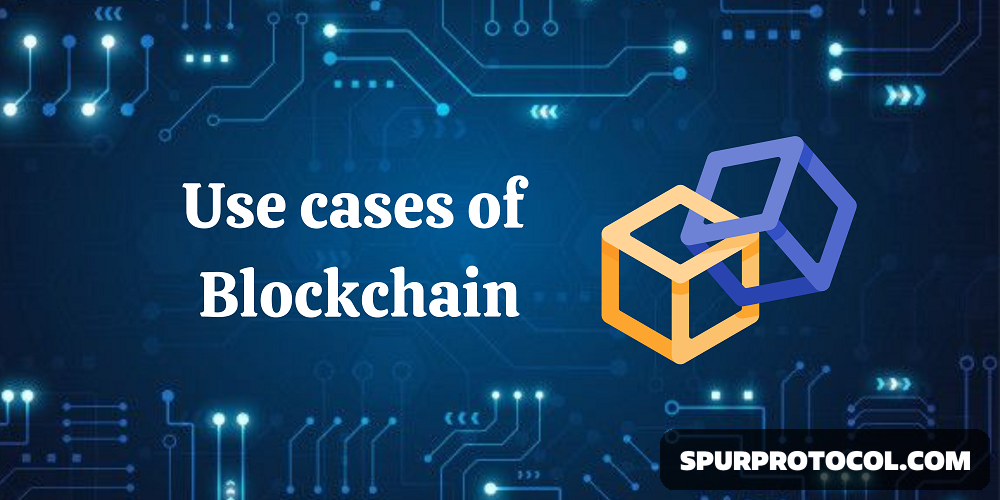Blockchain Use Cases: Supply Chain, Voting, And Healthcare
Blockchain technology, originally created for cryptocurrencies, has found a wide range of applications across various industries. Its decentralized nature, security features, and transparency make it an ideal solution for sectors such as supply chain management, voting systems, and healthcare. In this article, we explore how blockchain is being utilized to transform these industries and address some of their longstanding challenges.
Go Back

🕒 8:38 PM
📅 Jan 17, 2025
✍️ By SpurProtocol
Blockchain in Supply Chain Management
One of the most significant use cases for blockchain is in supply chain management. Traditional supply chains often suffer from inefficiencies, lack of transparency, and difficulty in tracking goods from origin to end consumer. Blockchain offers a solution by providing a transparent, immutable ledger that records every transaction in the supply chain.
With blockchain, each step in the supply chain can be recorded and verified, from the manufacturer to the retailer. This improves visibility and accountability, helping to reduce fraud, errors, and delays. Additionally, blockchain's ability to ensure data integrity allows consumers to trace the origin of products, ensuring authenticity and ethical sourcing.
For instance, companies like IBM and Walmart are already using blockchain to track the journey of food products. By scanning a product's QR code, customers can view detailed information about where it came from, how it was produced, and whether it meets certain safety and sustainability standards.
Blockchain for Voting Systems
Blockchain is also being explored as a potential solution for securing voting systems. Traditional voting systems are often vulnerable to fraud, tampering, and human error, leading to questions about their integrity and fairness. Blockchain's immutable ledger and decentralized nature make it a powerful tool for creating secure, transparent, and verifiable voting systems.
By utilizing blockchain, each vote cast can be securely recorded in a decentralized manner, ensuring that it cannot be altered or erased. Additionally, the transparency of blockchain enables independent verification of election results, reducing the likelihood of fraudulent activities. The use of blockchain can also facilitate online voting, allowing for greater participation while ensuring the integrity of the voting process.
Several pilot projects around the world are already experimenting with blockchain-based voting systems. For example, the state of West Virginia in the United States piloted a blockchain-based mobile voting system in the 2018 midterm elections, allowing military personnel overseas to securely vote via their smartphones. Learn more about the West Virginia pilot.
Blockchain in Healthcare
The healthcare industry is another sector where blockchain technology can provide significant improvements. Healthcare systems often face issues related to data management, privacy concerns, and the need for secure sharing of patient information across different healthcare providers. Blockchain can address these challenges by offering a secure, immutable, and transparent way to store and share medical records.
By using blockchain, patients can have control over their medical data, granting permission for specific providers to access their records as needed. Blockchain also helps ensure that medical data is accurate and tamper-proof, reducing the likelihood of errors and fraud. Furthermore, blockchain's decentralized nature enables healthcare data to be securely shared between providers without relying on a central authority, improving collaboration and patient care.
Additionally, blockchain can be used to track pharmaceuticals, ensuring that drugs are genuine and have not been tampered with along the supply chain. This is especially important in combating counterfeit drugs, which can be a significant problem in many countries.
Blockchain’s Growing Impact
Blockchain is rapidly expanding beyond its original use in cryptocurrency and is being adopted across industries like supply chain management, voting systems, and healthcare. By offering transparency, security, and decentralization, blockchain has the potential to address many of the inefficiencies and challenges faced by these sectors. As blockchain technology continues to evolve, its applications will likely grow, offering even more opportunities for innovation and improvement across various industries.
References:
